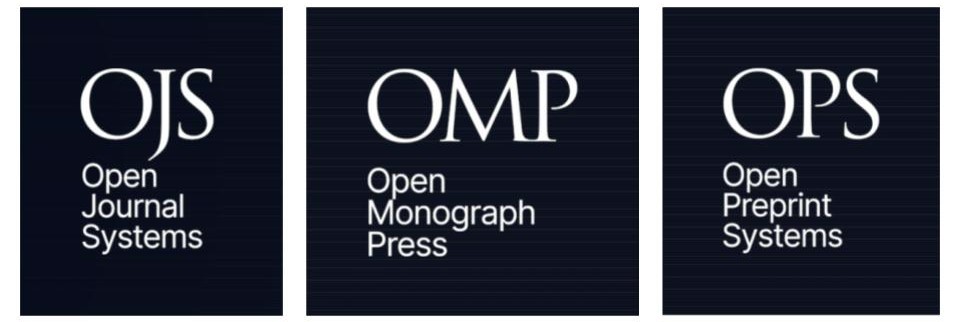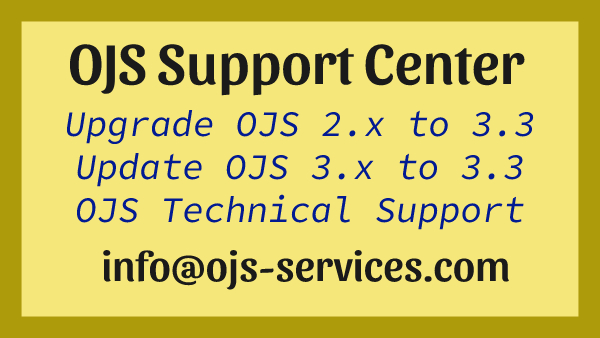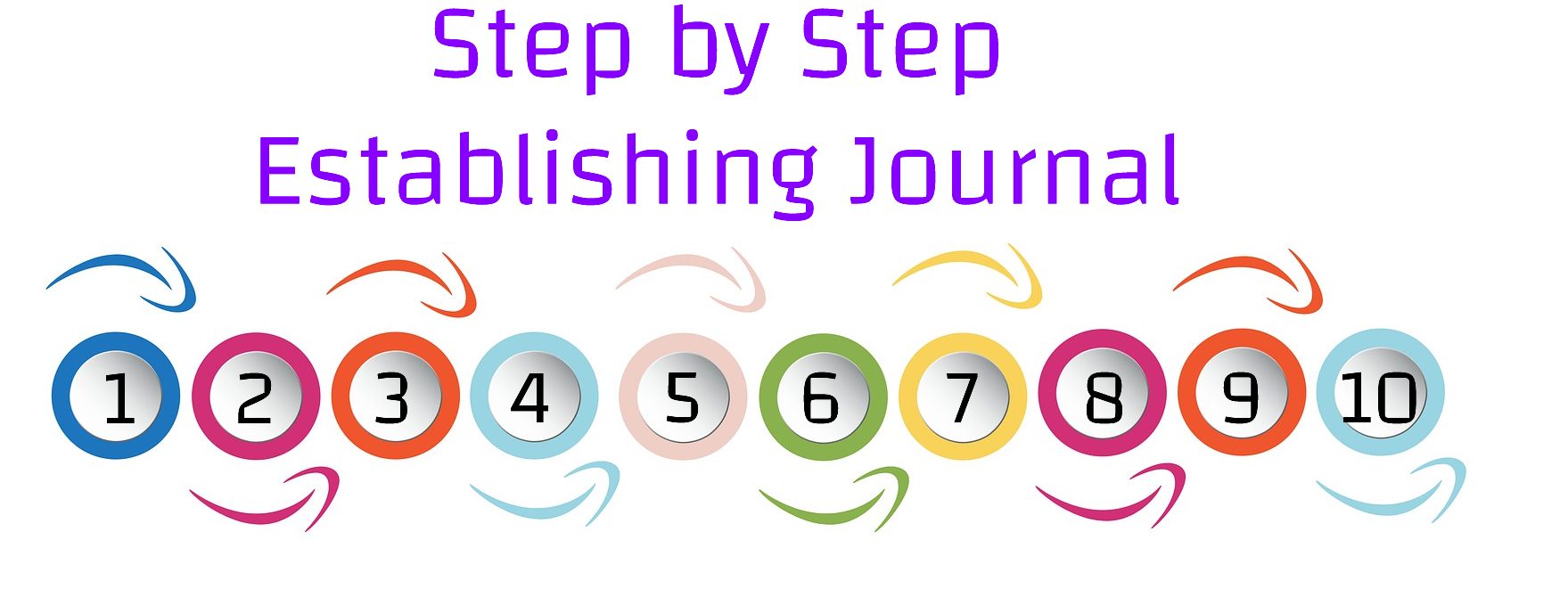OJS, OMP, and OPS are all open-source publishing platforms, each designed for a specific type of content management and publication. In this context, it is important to understand the differences and similarities between these platforms in terms of their features, user roles, and primary uses.
What are the differences between OJS, OMP and OPS?
| Feature | OJS | OMP | OPS |
| Primary Use | Journal Management and Publishing | Monograph Management and Publishing | Proceedings Management and Publishing |
| Content Types | Articles, Reviews, and other scholarly works | Monographs and edited volumes | Conference papers and proceedings |
| Workflow | Peer review, editorial management, and publishing | Editorial management and publishing | Editorial management and publishing |
| User Roles | Author, reviewer, editor, and reader | Author, editor, and reader | Author, editor, and reader |
| Customizability | Highly customizable with plugins and themes | Highly customizable with plugins and themes | Highly customizable with plugins and themes |
| Licensing | Open source (GPL) | Open source (GPL) | Open source (GPL) |
| Community | Large and active community | Smaller community compared to OJS | Smaller community compared to OJS |
| Platform | Web-based | Web-based | Web-based |
| Language Support | Multilingual support | Multilingual support | Multilingual support |
| Technical Requirements | PHP, MySQL, Apache or Nginx | PHP, MySQL, Apache or Nginx | PHP, MySQL, Apache or Nginx |
| Hosting | Self-hosted or hosted through a service provider | Self-hosted or hosted through a service provider | Self-hosted or hosted through a service provider |
Common points:
- All three platforms are open source and licensed under GPL.
- They are web-based and require PHP, MySQL, and a web server such as Apache or Nginx.
- They offer multilingual support and are highly customizable with plugins and themes.
- They support editorial management and publishing.
Differences:
- OJS is primarily used for journal management and publishing, while OMP is used for monograph management and publishing, and OPS is used for proceedings management and publishing.
- The user roles and content types differ between the platforms based on their primary use.
- OJS has a larger and more active community compared to OMP and OPS.
- OJS and OMP support peer review, while OPS does not.



Comments are closed